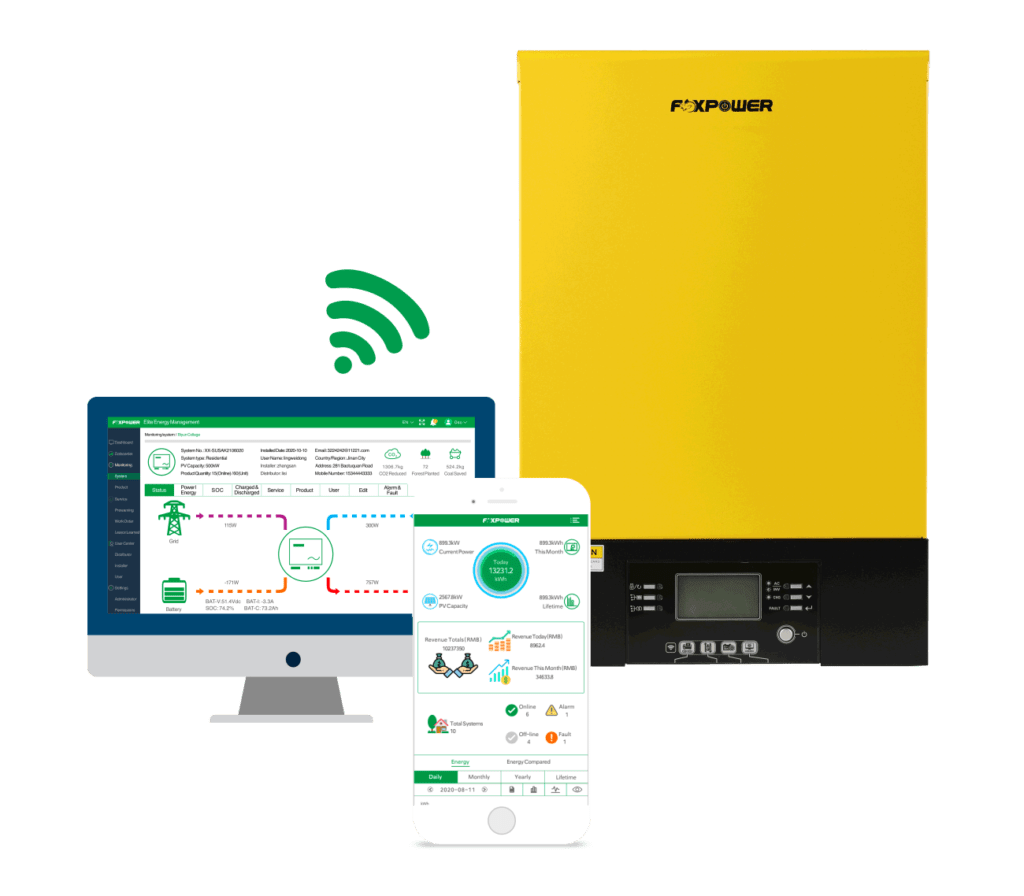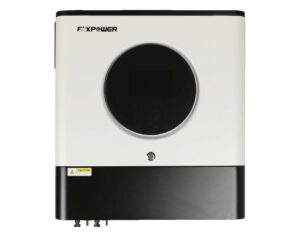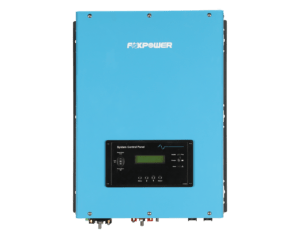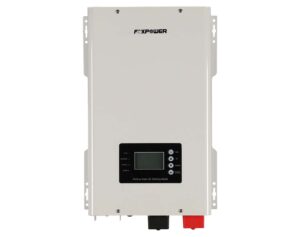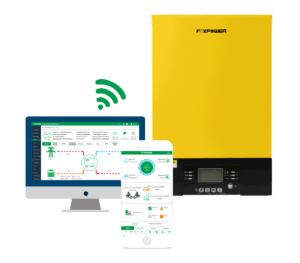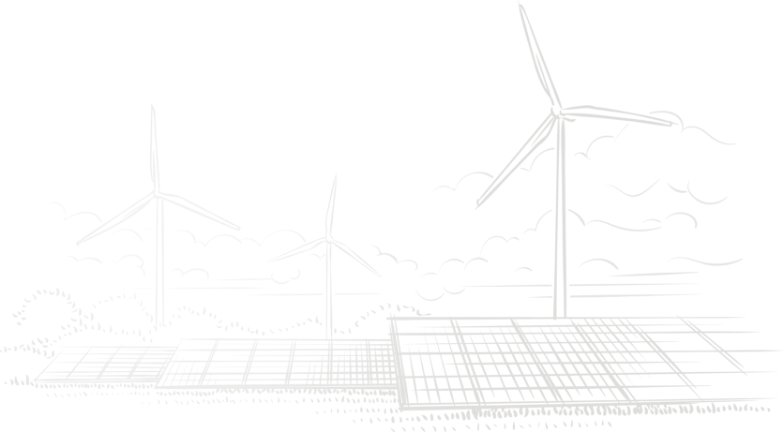Inverter technology is essential in the realm of solar energy systems, serving as a pivotal component that converts the direct current (DC) electricity generated by photovoltaic (PV) panels into alternating current (AC) electricity usable by households and the grid. The inverter accomplishes this conversion through sophisticated electronic controls and switching devices, transforming DC power into AC power while ensuring the frequency and voltage meet the requirements of household appliances. Beyond power conversion, inverters optimize system efficiency, monitor grid conditions, and provide backup power during outages, thus enhancing the effectiveness and reliability of solar energy conversion and utilization. Understanding the principles and functionalities of inverters is crucial for advancing the solar energy industry and promoting the widespread adoption of clean energy solutions.
The fundamental principle of an inverter lies in its ability to convert direct current (DC) into alternating current (AC). This conversion process involves a series of electronic switches that rapidly turn the DC input on and off. By controlling the timing and duration of these switches, the inverter creates an AC waveform that mimics the characteristics of standard utility power. The output AC waveform can be adjusted in terms of frequency, voltage, and waveform shape to meet the requirements of different electrical devices.
Inverters typically use pulse-width modulation (PWM) techniques to achieve this conversion. PWM involves varying the width of the switching pulses, which effectively controls the amount of power delivered to the load. Additionally, inverters incorporate filtering and control circuits to smooth out the AC waveform and remove unwanted harmonics, ensuring that the output power is clean and stable. In solar energy systems, inverters play a critical role in converting the DC electricity generated by solar panels into AC electricity that can be used by household appliances or fed back into the grid. Their efficiency and reliability are key factors in the overall performance of a solar power system.
In a solar energy system, the inverter plays a crucial role in converting the direct current (DC) electricity generated by solar panels into usable alternating current (AC) electricity. This conversion is essential because most household appliances and the electrical grid operate on AC power. The performance of the inverter directly impacts the efficiency and reliability of the entire solar power system. A high-quality inverter not only efficiently converts electrical energy but also incorporates intelligent controls and protection features such as maximum power point tracking (MPPT) and fault detection to ensure stable operation and maximize generation efficiency.
Furthermore, inverters in solar energy systems serve additional important functions. They can monitor the status of the grid and synchronize with it, supporting grid-connected solar power generation. During grid outages, some inverters have backup power capabilities to provide continuous electricity supply to homes, enhancing energy reliability and stability. Therefore, the selection and design of inverters are critical to ensuring the efficient operation and long-term performance of solar energy systems.
The technology of solar energy inverters has seen significant advancements in recent years, particularly in terms of efficiency enhancement, increased intelligence, and multifunctionality. Modern inverters utilize advanced power electronic devices and control algorithms to achieve higher conversion efficiency and more precise energy management. Looking ahead, the future prospects for solar energy inverters will focus on improving power density, reducing costs, enhancing durability, and reliability. It is expected that future inverters will become more intelligent, incorporating features such as real-time monitoring, remote control, and smart regulation to meet the increasingly complex and diverse requirements of energy systems.
With the proliferation of renewable energy and transformations in power systems, the outlook for solar energy inverters is highly promising. Future inverters will evolve beyond mere energy conversion devices to become the core of energy management systems, integrating with technologies such as battery storage, smart grids, and beyond. This evolution will drive the solar industry towards a more mature and sustainable phase, making significant contributions to the widespread adoption of clean energy and energy transition initiatives.

